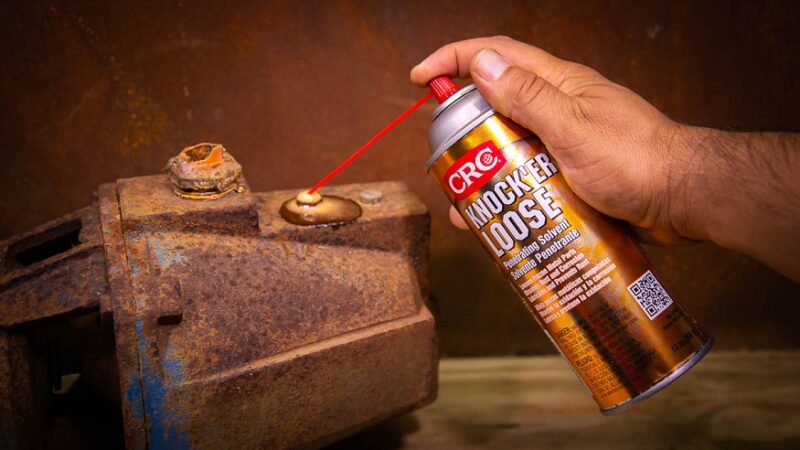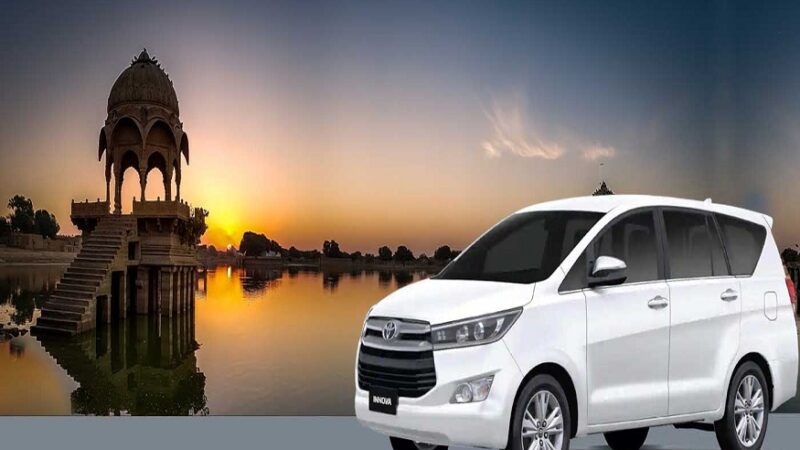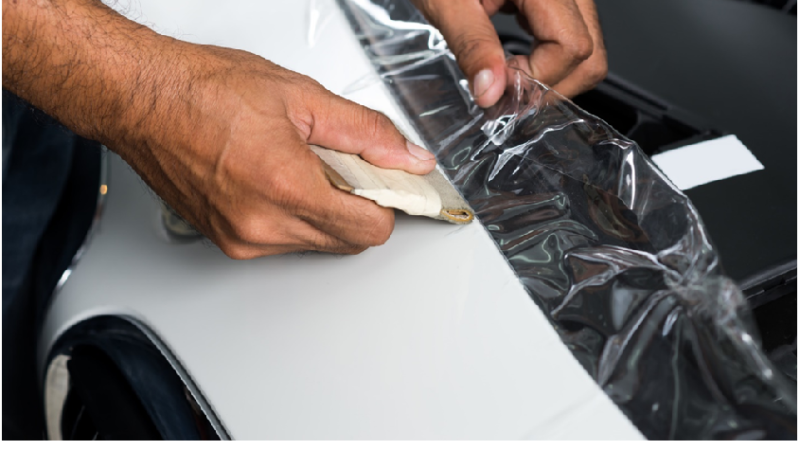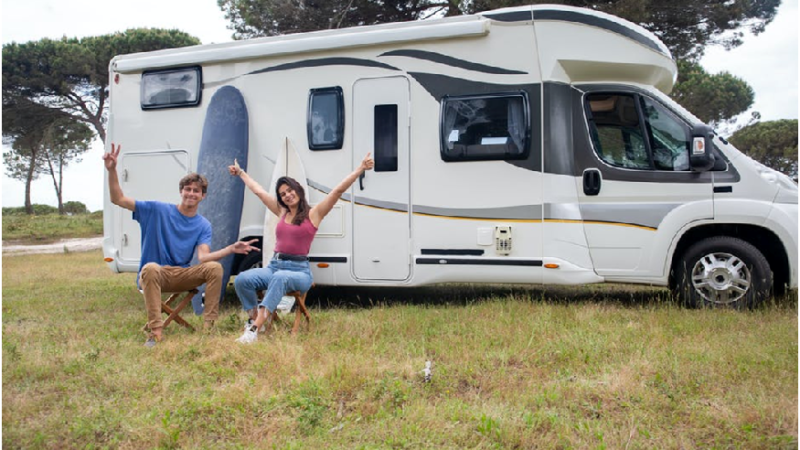Your Guide to Proper RV Maintenance and Repair.
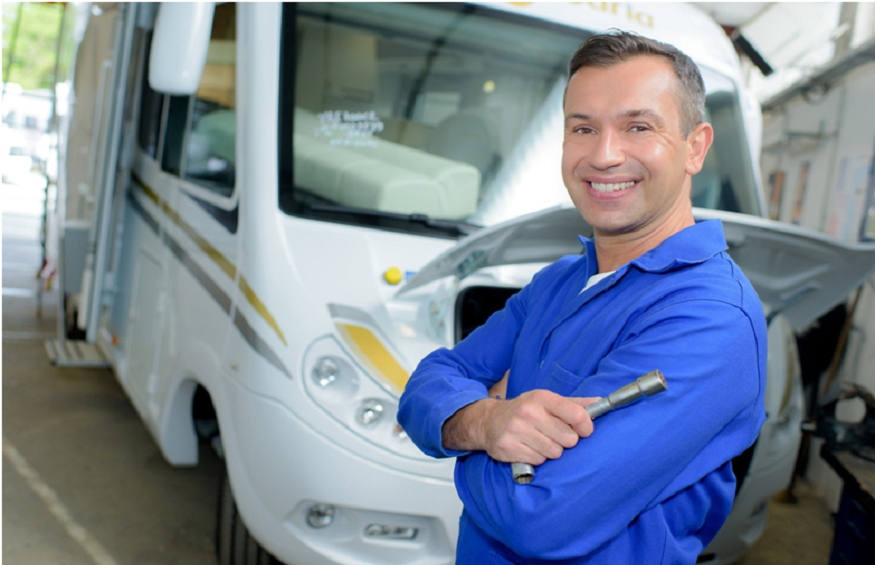
Did you know that recreational vehicles necessitate all of the standard maintenance that your truck, car, or SUV necessitates, together with a whole lot more?
Besides, an RV is much more than a vehicle. It can be an office, a hostel, a kitchen, a vacation cottage, a safe room, a reading nook, or a home.
With the average price of a new RV approaching the six-figure mark, they frequently cost more than many homes. However, preventative care and maintenance can reduce the need for costly repairs.
We’ve compiled a list of our top RV maintenance and repair tips and reminders to help you safeguard your large investment in your RV. Read on to learn about them.
Check the Roof Seals and Seams
Always remember to check your RV’s roof after three months.
Usually, water leaks may develop through open seams on the roof edges, air conditioners, or skylights. First, water will begin soaking your roof’s outer wood structure and then proceed through the inner ceiling panels, causing widespread damage.
However, there are several sealants you can use to cover your RV’s roof leak. You should choose a sealant well-matched with your RV’s roof material.
Clean Frequently
Are you a full-time RV user? If so, frequent cleaning using the best oxidation remover is a practice that will protect it from destructive elements.
Thus, make sure you schedule a roof cleaning after every trip to eliminate gunk and grime that usually settle on the roof and retain moisture.
Other parts that need to be cleaned regularly are slide-outs. This prevents dirt from building up around the seals.
Additionally, don’t forget to lubricate slides and ensure they run with minimal resistance.
Also, clean window seals and apply lubricants to keep them fresh and pliable. Lubricant will allow windows to move up and down easily without catching on the side. If your windows start to catch on the sides, they may begin to tear and thus call for replacement.
Check Tire Pressure and Tighten Nuts
Before any RV trip, make sure you have tightened the wheel lug nuts and checked the tire air pressure. This will enhance the safety of travellers on any road.
Driving your RV while the nuts are loose can be dangerous and cause you to lose a wheel. Also, ensure that your tires are at the proper pressure level. Overinflated tires have a likelihood of exploding and thus causing an accident.
On the other hand, underinflated tires can also cause control problems; they tend to create more friction on the road. Also, tire pressure will increase or decrease depending on temperatures. Thus, always check your RV tire pressure level and ensure it is safe for an efficient ride.
Check Batteries
Make sure your batteries are fully charged before starting a journey. You won’t want to end up with dead batteries on a trip.
Thus, you may need to check levels for some batteries, though some don’t need maintenance. Whatever the case, make sure your battery is functioning well.
For most RVs, batteries can last up to 5 years; thus, make the necessary replacement when needed to avoid problems.
Change Your RV’s Oil
RVs are unlike cars that require frequent oil changes. This is because they are not daily use vehicles.
RVs may need an oil change on a seasonal basis; thus, all you need is to keep everything lubricated and running smoothly. But, make sure to change the oil after every 3,000 to 4,000 miles or at least once a year.
Failing to do so can result in excessive wear of your RV’s engine and thus leading to more expensive repairs or engine replacement.
Keep Brakes Maintained
RV brakes maintenance and repair are essential for everyone’s safety while on a trip. It is one thing that should always be a priority on your RV maintenance checklist.
Before your first trip of the season, make sure your brakes are working correctly. Examine the wheel bearings and ensure they are well-lubricated. If your brakes don’t have enough materials remaining, you can consider hiring a mechanic to repack the bearings and replace the seals.
Change Filters
Just like with oil, you will need to change coolant, fuels, air, and hydraulic filters in your RV on a seasonal basis.
Filter maintenance is essential for the smooth running of any car engine system. Changing filters will thus reduce excessive engine wear. You should always check your RV filters at every oil change.
Keep Your RV’s Awning Maintained
You must keep your RV’s awning clean and free from mildew and mold.
Therefore, you need to regularly inspect the awning to catch possible tears that may need repair before they grow large. Failure to clean your awning will only result in debris buildup, which will ultimately cause a tear in the fabric.
If you cannot do a thorough cleaning, always be sure to seek a professional cleaning service to get the job done.
Keep Waste Water System in Good Condition
Keeping your RV’s wastewater system in good condition involves ensuring that you are using the right chemicals.
Always use chemicals that are designed to work with the system. Furthermore, you will need adequate fluid to flush through the system regularly. If you fail to maintain your RV’s water system, you will experience massive buildup, which can cause clogging of the whole system.
You Now Know the Proper RV Maintenance and Repair
RV maintenance and repair are essential to keep your trip companion running smoothly. You need to prepare an RV maintenance checklist to know which task needs to be completed. By doing so, you will be avoiding unexpected breakdowns that might be costly to repair.
Owning RV is an expensive investment, but regular maintenance and repair can help extend your vehicle’s life. If you want you and your family to enjoy a safe ride in your RV for many years, keep up with maintenance.
If you’ve enjoyed reading this RV repair guide, be sure to check other exciting blogs from our site.

